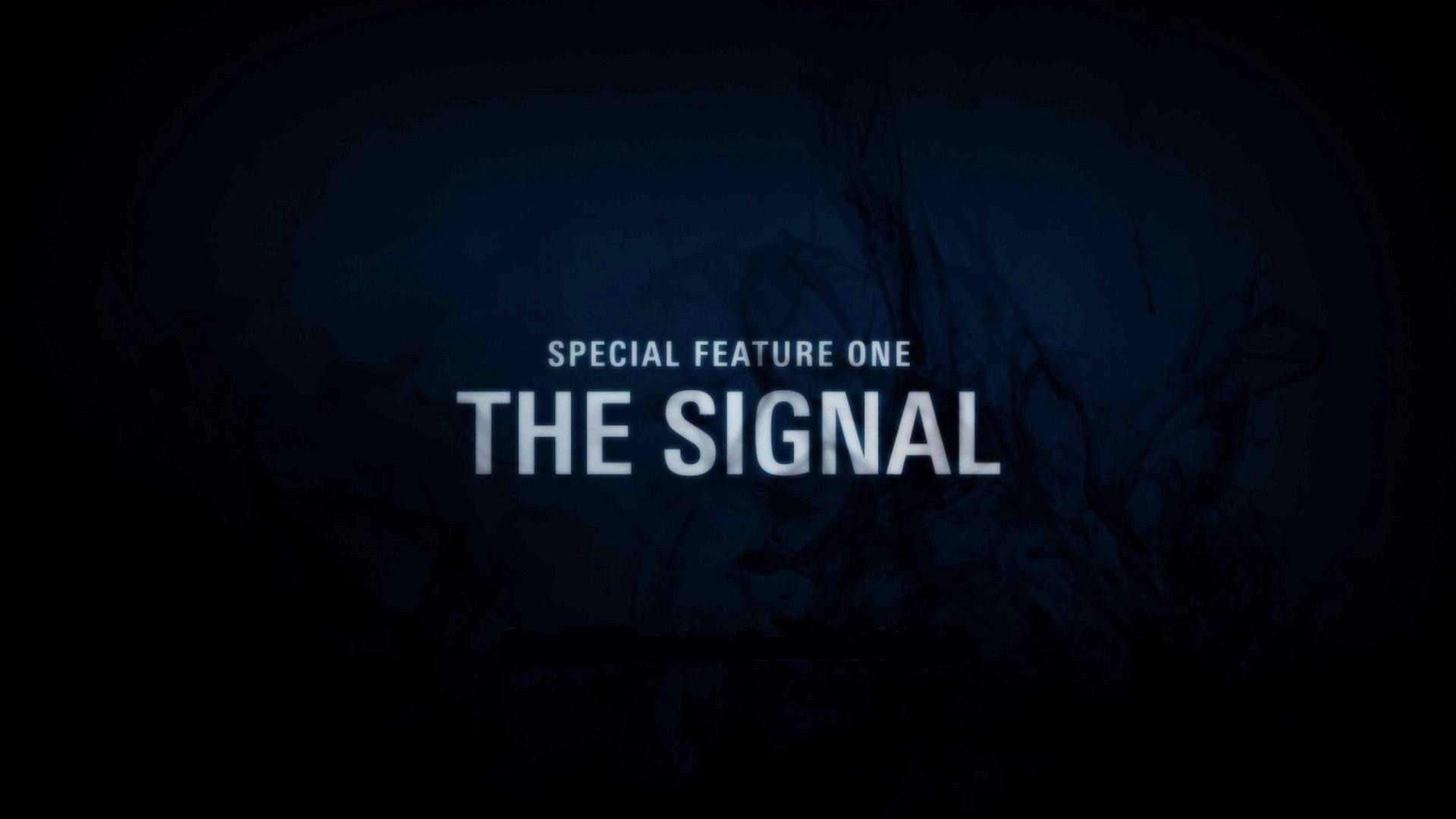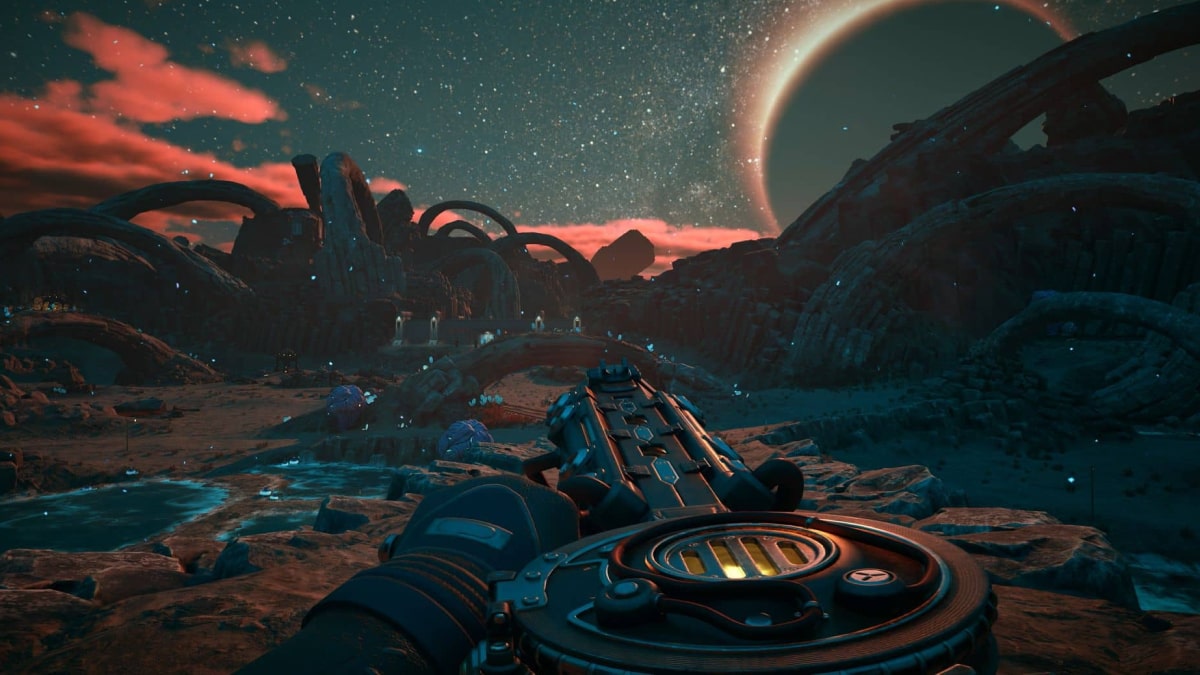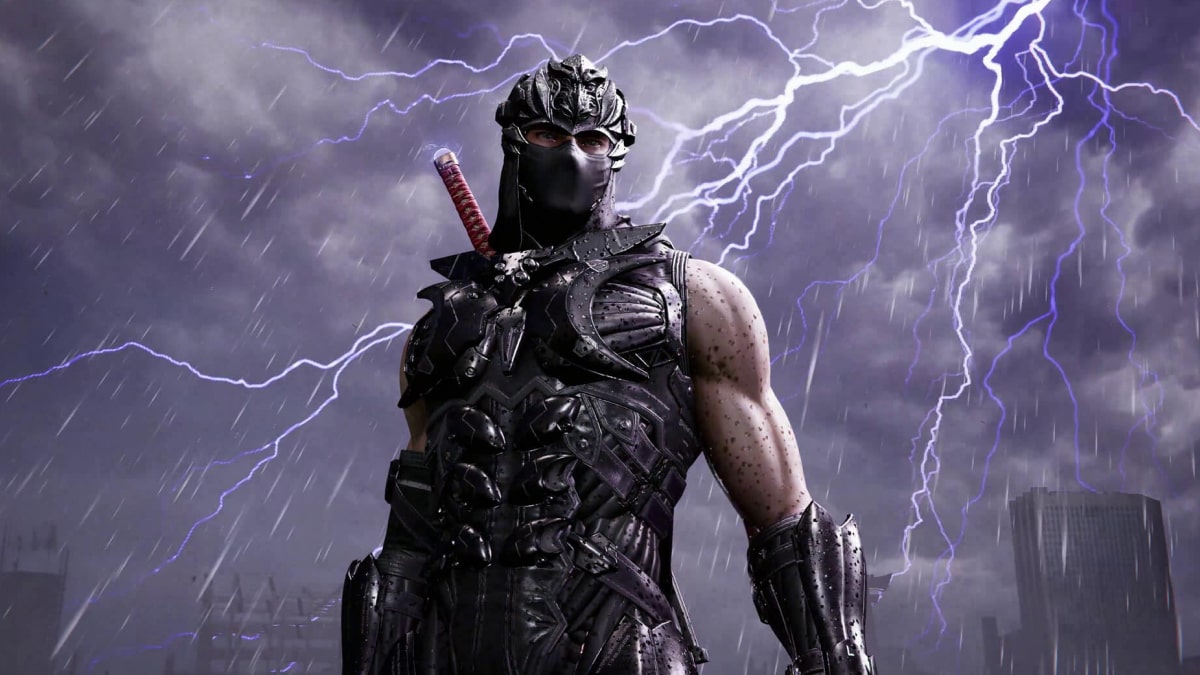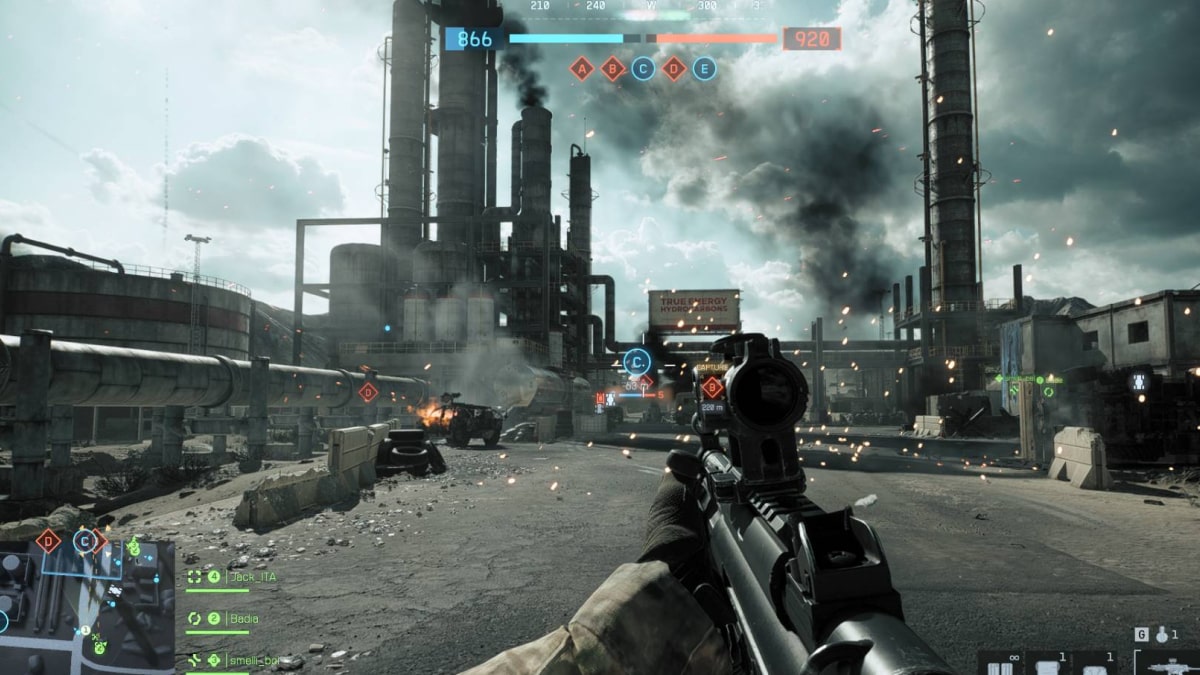You can trust VideoGamer. Our team of gaming experts spend hours testing and reviewing the latest games, to ensure you're reading the most comprehensive guide possible. Rest assured, all imagery and advice is unique and original. Check out how we test and review games here
The famous horror writer takes a short break with his wife, Alice, to the beautiful mountain retreat of Bright Falls. Sadly for Alan, the town doesn’t offer the peaceful respite he would have liked, instead being a place where his most horrific writings come to life. After wrestling with his overactive imagination, the disappearance of his wife and a dark force that even his wildest dreams couldn’t (or perhaps could) have conjured up, Alan Wake’s story reaches its dramatic conclusion.
Many questions still lingered, however. While the majority of these will likely be addressed in Alan Wake 2 (which Remedy has already roughed out a script for), the game’s army of fans require more immediate answers. Thankfully, the first chunk of DLC is now available, but if you expect it to answer any of the burning questions you might have, think again. The Signal is vague, ambiguous, and brimming with uncertainty. The episode is less of an extension to the main narrative and more of an insight into the mind of Alan Wake; the confused, delirious and possibly schizophrenic hallucinations of a traumatised writer.
We join Mr Wake in Bright Falls diner, except something seems to be amiss. Perhaps it’s the strong sensation of déjà vu, perhaps it’s the dark, misty atmosphere, or perhaps it’s the ghostly apparitions posing as town folk. It soon becomes obvious that Wake is dreaming but, as the main game proved on several occasions, these dreams often have very profound meanings. Heading to the back of the diner (not before fixing the jukebox for Tor), Wake makes his way to the restrooms. After chatting with a distorted reflection, that confirms his fragile state of mind, Wake is reunited with his beloved torch.
Leaving the diner, the writer makes his way through the forest to a rather ominous-looking cabin. In the living room are abstract – but at the same time very tangible – floating words. Much like those at the end of the main game, these words can be interacted with, using the torch. One, for example, might say ‘reload’, and shining your torch on it for long enough will bring physical ammunition into the room. This lexical theme runs throughout the whole of the DLC, and is cleverly intertwined with the mechanics of the game. One section sees Wake running through the woods with swarms of Taken vying for his blood. Thankfully, the words ‘boom!’ and ‘firework’ are littered amongst the trees and are capable of taking out large groups of enemies without the need to fire a single bullet.
The word of particular importance in the cabin is ‘phone’, which after dousing with torchlight drops a very real handset into Wake’s hands. No sooner has it materialised it starts ringing, and Wake is told to follow the signal as instructed by the device’s GPS. This is the signal Wake ends up following for the rest of the DLC, but is essentially the same dot that your radar always displays. The way the extra chapter progresses is dream-like; you might walk through a doorway, turn around, and the area you came from will have completely changed. Wake’s unstable mind directly affects the environments, bringing with it all manner of dangers.
The fantastic Barry Wheeler makes a return too, offering some light hearted banter to contrast Wake’s new and moody persona. Aside from Barry’s comical ramblings, however, the DLC lacks any sense of narrative direction. It combines locations, memories and the core mechanics of the main game, and jumbles them up to create a feverish and deranged take on the Alan Wake experience. Amidst all the delirium, however, there’s a lot that can be read into The Signal. Like LOST or Donnie Darko, it’s very interpretative, and this is what die-hard Wake fans will revel in.
The DLC lasts around two hours, but with ten alarm clocks to find along the way (just like the coffee flasks of the main game), as well as cardboard standees of certain characters to find – you could probably extend that to three or four. The fact that it’s free (supposing you bought the original game new) makes it well worth a play, just don’t go expecting any plot revelations or answers to the game’s more fundamental questions.
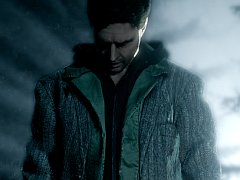
/https://oimg.videogamer.com/images/10be/alan_wake_the_signal_4.jpg)
